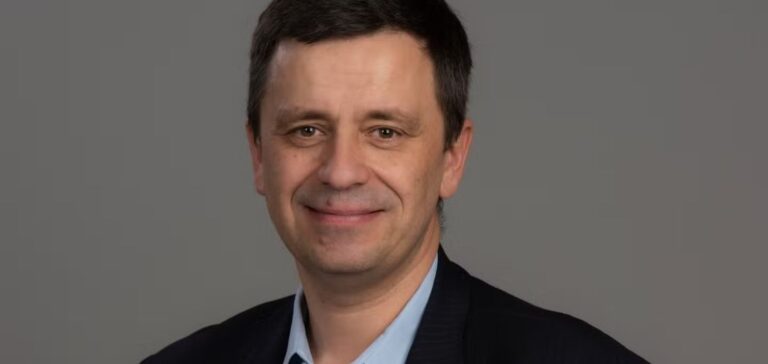Luc Rémont’s mandate as a board member of Électricité de France (EDF) will end this summer, the executive confirmed on the sidelines of the group’s annual results presentation. This information, largely unnoticed until now, was highlighted by Les Echos.
A shortened mandate and an uncertain future
Luc Rémont took over as head of EDF in November 2022, but his board mandate did not follow the standard four-year term. He had been co-opted to complete the remaining tenure of François Delattre, a departing board member. This situation raises questions about whether his mandate will be renewed, a decision that falls to the board of directors and the general assembly.
A strategic moment for EDF
At the helm of EDF, Luc Rémont has faced significant industrial and financial challenges. Since the company became fully state-owned, he has been negotiating with the government over the cost-sharing arrangements for the construction of six new EPR2 nuclear reactors. This programme, part of France’s nuclear revival, requires substantial financial commitments, the terms of which remain under discussion.
A decision in the hands of the state
According to Les Echos, the final decision on whether to extend Luc Rémont’s mandate as a board member rests with the President of the Republic. In a context where France’s energy future is partly shaped by EDF’s strategic choices, the decision to retain or replace its leader could impact the implementation of ongoing projects.






















